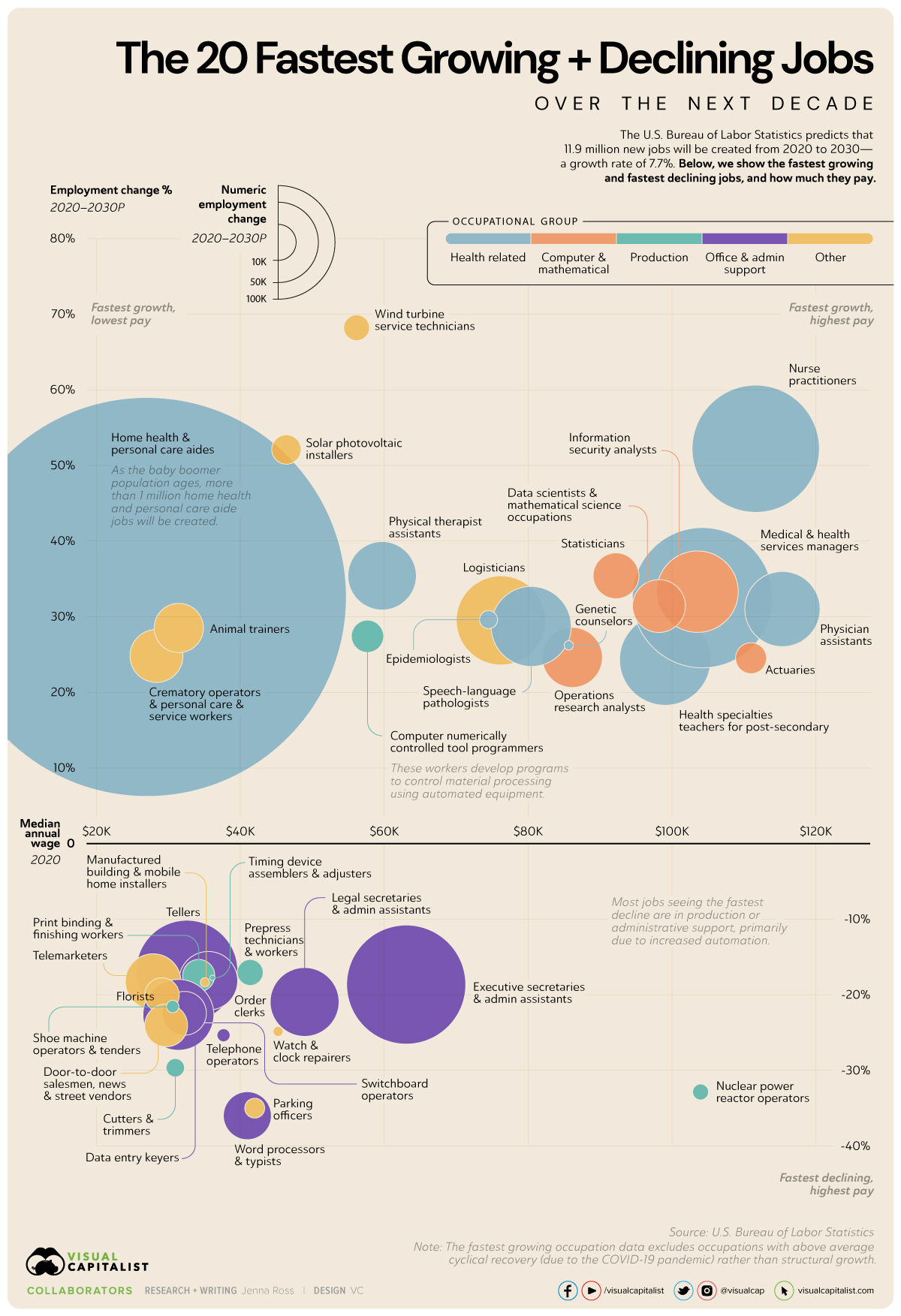01 October 2022
Jalál, 05 Mashíyyat (Will), 179 B.E
Seen
What a great sunset to end the first day of October!

Done
Corresponded with Helen Stucky Risdon and Tony Budak, two strong advocates for timebanks. They continue to push me to consider how timebanking will evolve in the future. Here’s an edited snippet from my exchange with Tony in the Raising the Value of Learning group on Slack:
Let’s dig a little deeper into your statement. “Think of the unpaid work to sustain a family, a religious group, or an indigenous village where participants act beyond sustainability.”
Here community members follow social norms and contribute their value by unpaid work. In exchange for doing so, the community meets their basic needs. That’s how the community sustains itself.
In my view, this cycle of unpaid work for basic needs is not well-documented by a timebank. Activities in these cycles are role-based, not the traditional task-based transactions.
In the past, society would reject those it deemed too slow, too infirm, or too lazy for not following social norms. This rejection eliminated “drags” on the community, but at the cost of human value. Now, with the advent of social networking platforms this is no longer the case. All community members, regardless of age, health, or attitude, can contribute their value.
This brings me back to the role of the timebank. How does it adapt to changes in technology, society, and the flow of human value? Or does it?
And there’s a lot at stake. The graphic below shows The 20 Fastest Growing Jobs in the Next Decade

Note that the fastest job growth by far is among “home health & personal care aides.” Note also that they are the lowest paid.
The community needs members who will fill these roles. But it is unwilling to pay them enough in the existing job structure so they can meet their basic needs. Furthermore, community members who do these jobs will have little discretionary time. That means no bandwidth for timebank exchanges. Instead, they will direct their attention on job requirements and family responsibilities.
In these circumstances, does the community realize the potential value of its members? What role can a timebank play to help the community address this issue? Or does it? Are timebanks sustainable using only the discretionary time of their members? I don’t know the answers. I only have the questions!
Posted the next article in the series about timebanking, Why the Future Doesn’t Need to Pay Us, to GAVNet News. It’s related, in part, to the points I raised with Tony.
Finished trimming the row of Forsythia viridissima I started yesterday. Yay!
Noted
Astral Prospecting on Instagram | Astral Prospecting on YouTube | Astral Prospecting on Facebook
Marc Bosserman on Instagram | Marc Bosserman on Facebook | Marc Bosserman Music and Musings on YouTube
Quoted
The purpose of all the divine religions is the establishment of the bonds of love and fellowship among men, and the heavenly phenomena of the revealed Word of God are intended to be a source of knowledge and illumination to humanity. So long as man persists in his adherence to ancestral forms and imitation of obsolete ceremonials, denying higher revelations of the divine light in the world, strife and contention will destroy the purpose of religion and make love and fellowship impossible. Each of the holy Manifestations announced the glad tidings of His successor, and each One confirmed the message of His predecessor. Therefore, inasmuch as They were agreed and united in purpose and teaching, it is incumbent upon Their followers to be likewise unified in love and spiritual fellowship. In no other way will discord and alienation disappear and the oneness of the world of humanity be established. 1
- ʻAbduʼl-Bahá. The Promulgation of Universal Peace: Talks Delivered by ʻAbduʼl-Bahá during His Visit to the United States and Canada in 1912. Edited by Howard MacNutt. 2nd ed. Wilmette, Ill: Baháʼí Publishing Trust, 1982, 339-340. https://www.bahai.org/library/authoritative-texts/abdul-baha/promulgation-universal-peace/26#922132408 [return]